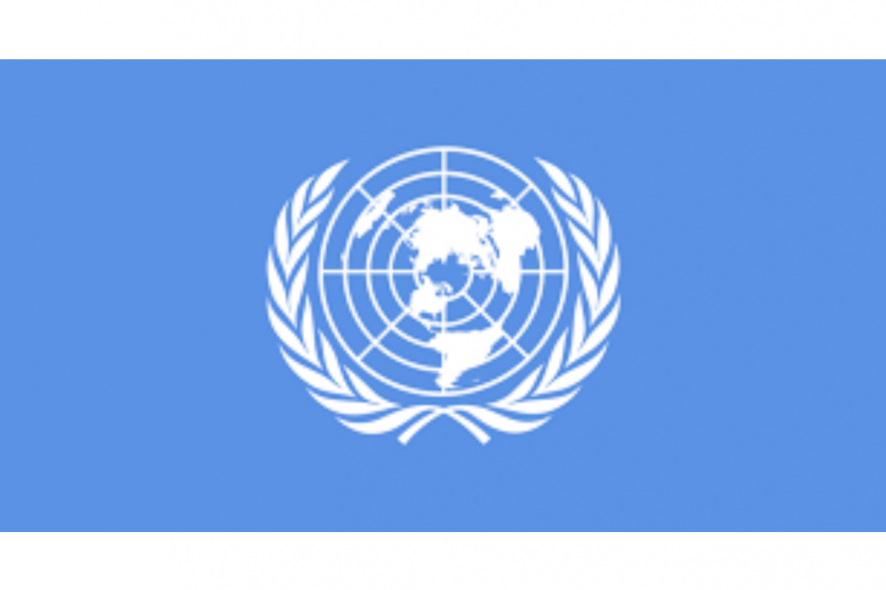United Nations Human Rights Commissioner in a press briefing has put forward its concern stating that the Citizenship (Amendment) Act, 2019 is fundamentally discriminatory in nature.
Following statement was issued:
The amended legislation seeks to expedite citizenship for religious minorities – naming specifically only Hindus, Sikhs, Buddhists, Jains, Parsis and Christians – fleeing persecution in Afghanistan, Bangladesh and Pakistan, who have been resident before 2014. But it does not extend the same protection to Muslims, including minority sects.
The amended law would appear to undermine the commitment to equality before the law enshrined in India’s constitution and India’s obligations under the International Covenant on Civil and Political Rights and the Convention for the Elimination of Racial Discrimination, to which Indian is a State party, which prohibit discrimination based on racial, ethnic or religious grounds. Although India’s broader naturalization laws remain in place, these amendments will have a discriminatory effect on people’s access to nationality.
All migrants, regardless of their migration status, are entitled to respect, protection and fulfillment of their human rights. Just 12 months ago India endorsed the Global Compact for Safe, Regular and Orderly Migration, which commits States to respond to the needs of migrants in situations of vulnerability, avoiding arbitrary detention and collective expulsions and ensuring that all migration governance measures are human rights-based.
While the goal of protecting persecuted groups is welcome, this should be done through a robust national asylum system that is premised on the principle of equality and non-discrimination, and which applies to all people in need of protection from persecution and other human rights violations, with no distinction as to race, religion, national origin or other prohibited grounds.
We understand the new law will be reviewed by the Supreme Court of India and hope it will consider carefully the compatibility of the law with India’s international human rights obligations.
In the meantime, we are concerned at reports that two people have died and many including police officers have been injured in the Indian states of Assam and Tripura as people protest against the Act. We call on the authorities to respect the right to peaceful assembly and to abide by international norms and standards on the use of force when responding to protests. All sides should refrain from resorting to violence.
United Nations
[Press Briefing dt. 13-12-2019]








Nice
CAA, 2019 is not discriminatory. Rather it protects the rights of Citizens of India which has been hijacked by illegal immigrants who are on voters’list and thus instrumental in skewing Gov policies. Many of these illegal migrants work in parallel economy enterprise where they are abused – which they do not mind considering the pathetic conditions in their country.
CAA will hit the vote bank’s under the belt.
Demonetisation and GST helped in flushing out illegal businesses.
Illegal migrants are a big load on our limited resources including water, food, roads, housing.
CAA 2019 safeguards the rights of Citizen of India.
Note there is difference between Political asylum and Economic asylum.
Hindus can’t even get justice on time, then what will it makes any difference if another law has been added to our law. Law itself contradicts a law with another law. After 75 years we indians are insecure within our judiciary system. What else we can say. It is all business…… Nothing else….. Who says courts are working independently….? Its a myth……
When UN is pointing out a human rights violation is taking place it’s time the government has to retain some credibility